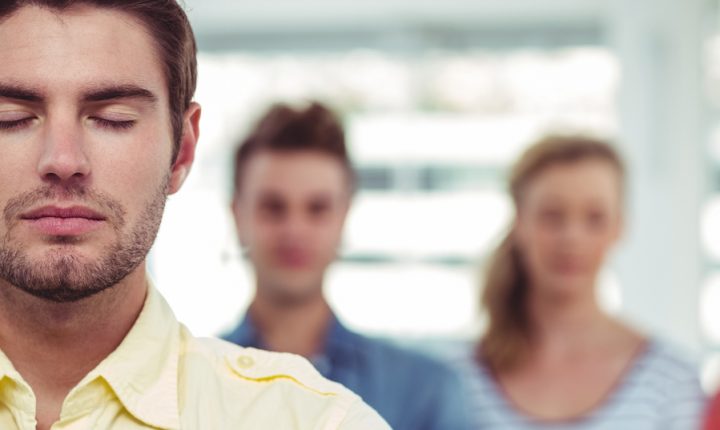The English version may still need corrections
but you may still browse it :)
|
Meditation, mindfulness, living in the present moment .. we hear these buzzwords a lot. Many magazines and books talk about it; such a wealth of information and as many abstract notions that one would get lost without knowing where to start and dare to start.
By the practice I offer, I wanted to simply answer these questions and especially I invite to test by observation how we can let go of this rogue of mind to return to our feelings and be right there right now with ease. Experience before the intellectual understanding, the feeling of the body rather than the control of the mind, to be able just in a few moments, to taste this famous present moment of which we are praised so much the merits! |
« The best way to capture moments is to pay attention. This is how we cultivate mindfulness »
Jon Kabat-Zinn
What is mindfulness ?
Mindfulness is about knowing what we are doing when we are doing it - and not being lost in our thoughts, as we are, by habit, most of the time!
It is a way to press "pause" to bring our attention back to what we are experiencing. Through small exercises and playful experiments, we can learn to find this state of presence, which is innate and natural in young children and that we lost growing up.
As we practice a sport to do good to our body, mindfulness meditation is a training to do good to our spirit. As much as a physical hygiene, we can adopt a mental hygiene with many benefits on all aspects of our life: mental health, physics, attention, performance, joy of life, peace of mind...
Where does it come from? |
Mindfulness finds its origins in ancestral meditation practices. Its modern, secular form was founded by American professor of medicine Jon Kabat-Zinn who created the Mindfulness Based Stress Reduction (MBSR) program in the late 1970s to help his patients with chronic pain and depression. Mindfulness meditation has since become a major practice in medicine and psychology.
n recent years it has entered the world of education and business. More and more children are trained in this method in American schools, but also in Holland, India and Australia, and more recently in France. As practiced in many US companies, Google employees receive training from the "G-Pause" program that improves both well-being and performance. Thirty years of scientific research, including neuroscience, offer clear evidence of its effectiveness. CT and MRI brain imaging have shown that it modifies the activity and structure of the brain. |
Why meditate ?
|
To get a break, to breathe a little, release the pressure, to offer ourselves a sweet moment of kindness, to take this pause that we deserve and that we do not allow ourselves, "I don't have time" is often our excuse.
Because we will always attend to our loved ones first, our customers, our beloved children, and yet ... If we want to be a successful colleague, an accomplished leader, the friend, the super parent that we dream of, it is essential that we take care of ourselves and even ourselves first, especially as no one will do it for us. |
Take a little care of ourselves because we all need it, relax the mind and welcome what is there by noticing our emotions, pleasant or unpleasant and finally give ourselves a little sweetness and kindness; here is the invitation of mindfulness.
The recognized benefits of mindfulness
What 30 years of scientific research show of the benefits of meditation:
• Reduces stress and anxiety
• Allows better management of strong emotions
• Develops natural abilities in conflict resolution
• Develop inner peace and well-being
• Develops self-confidence
• Fights against depression
• Increases attention and concentration
• Improves sleep
• Develops the gray matter of the brain
• Reduces the risk of cardiovascular disease
• Stimulates the immune system
• Reduces blood pressure
• Improves memory
• Increases the capacity for empathy and facilitates the understanding of others: empathy for oneself and for others
What 30 years of scientific research show of the benefits of meditation:
• Reduces stress and anxiety
• Allows better management of strong emotions
• Develops natural abilities in conflict resolution
• Develop inner peace and well-being
• Develops self-confidence
• Fights against depression
• Increases attention and concentration
• Improves sleep
• Develops the gray matter of the brain
• Reduces the risk of cardiovascular disease
• Stimulates the immune system
• Reduces blood pressure
• Improves memory
• Increases the capacity for empathy and facilitates the understanding of others: empathy for oneself and for others

